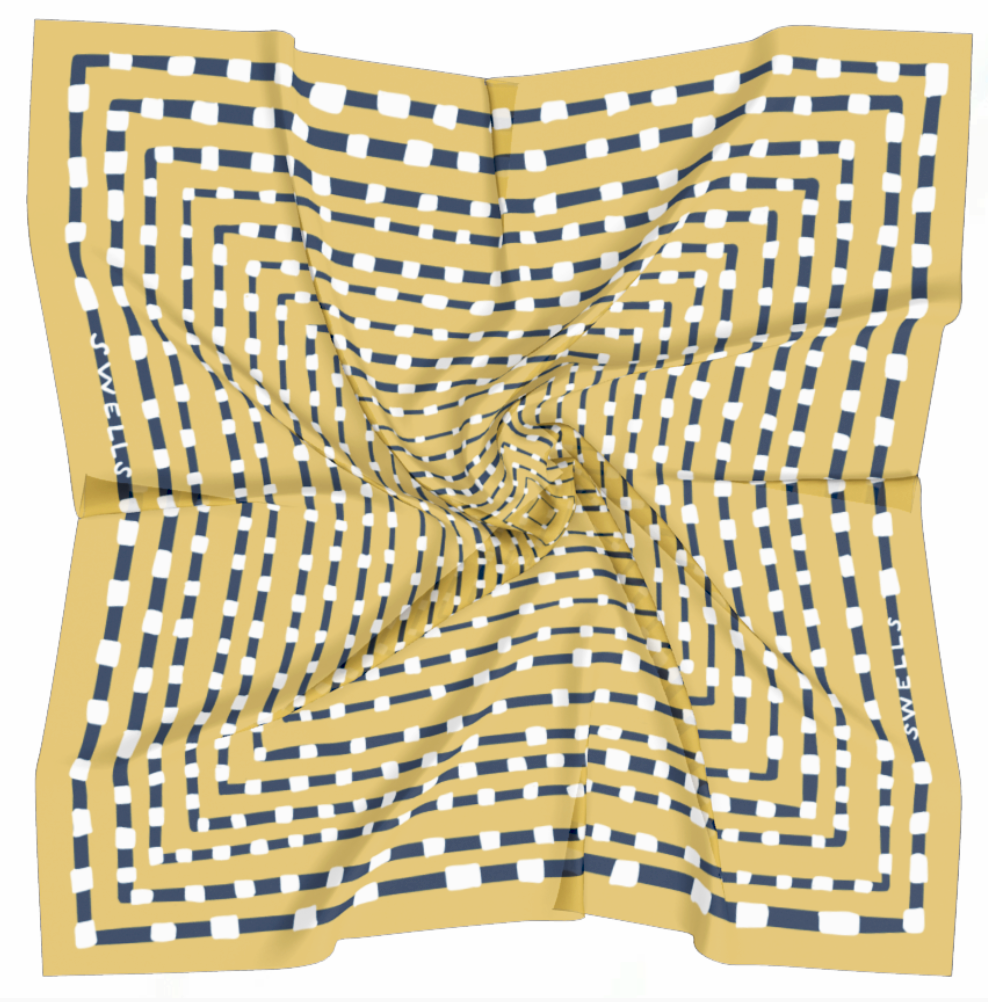No matter who you are, every now and then it is nice to enjoy a simple romance film. You usually walk away feeling good about your own relationships or hopeful about potential ones. “Adore” did just the opposite for me. While it is a passable film from a cinematography standpoint, the story just made me feel dirty. If any story promotes the Oedipus complex as much as “Oedipus” itself, it is “Adore.”
The story is centered on two lifelong friends Roz (Robin Wright) and Lil (Naomi Watts) who strike up love affairs with each other’s 20-year-old sons. The stage is set for the relationships when Lil’s husband dies in a car accident and Roz’s husband takes a job that requires him to move away from home.
Best friends Tom (James Frecheville) and Ian (Xavier Samuel) would be nearly indistinguishable if not for their starkly opposite hair colors.
The surfer duo comes off as a bit too perfect as the boys are awkwardly referred to as “young gods” by their mothers. Early scenes of the mothers lusting over the boys’ sun-coated bodies felt forced and would be better suited for softcore pornography.
Once the affairs begin, it is pretty clear why each boy desires the other’s mother so much. Just like Tom and Ian, Roz and Lil are practically the same person. Each boy inadvertently sees his own mother in his lover. It is worth noting that “Adore” was adapted from the Doris Lessing novella “The Grandmothers.”The story is likely more personal in written form, where the boys’ motivations can be explained deeper. On screen, we are only able to assume that an indirect oedipal complex drives the relationships.
The story only becomes more uncomfortable as Tom and Ian find wives from their generation and have kids of their own. When it is revealed that one of the inter-generational relationships may have never ended, any shred of empathy for the characters is lost.
The only thing keeping the story from being utterly unbelievable is the strong performance put on by both Wright and Watts. As seasoned actresses, the two easily outshine Frecheville and Samuel, who come off as shallow, obsessive love robots. Throughout the film, neither of the boys can seem to wipe the blank expression off their faces. Even during the initial tension when the affairs are exposed, their anger toward one another is not convincing.
The film screams eroticism at every corner. From the luxury seaside setting to the endless lustful stares, “Adore” does not belong on the big screen. Rather, it belongs in someone’s shameful search history, never to be discussed with family.




